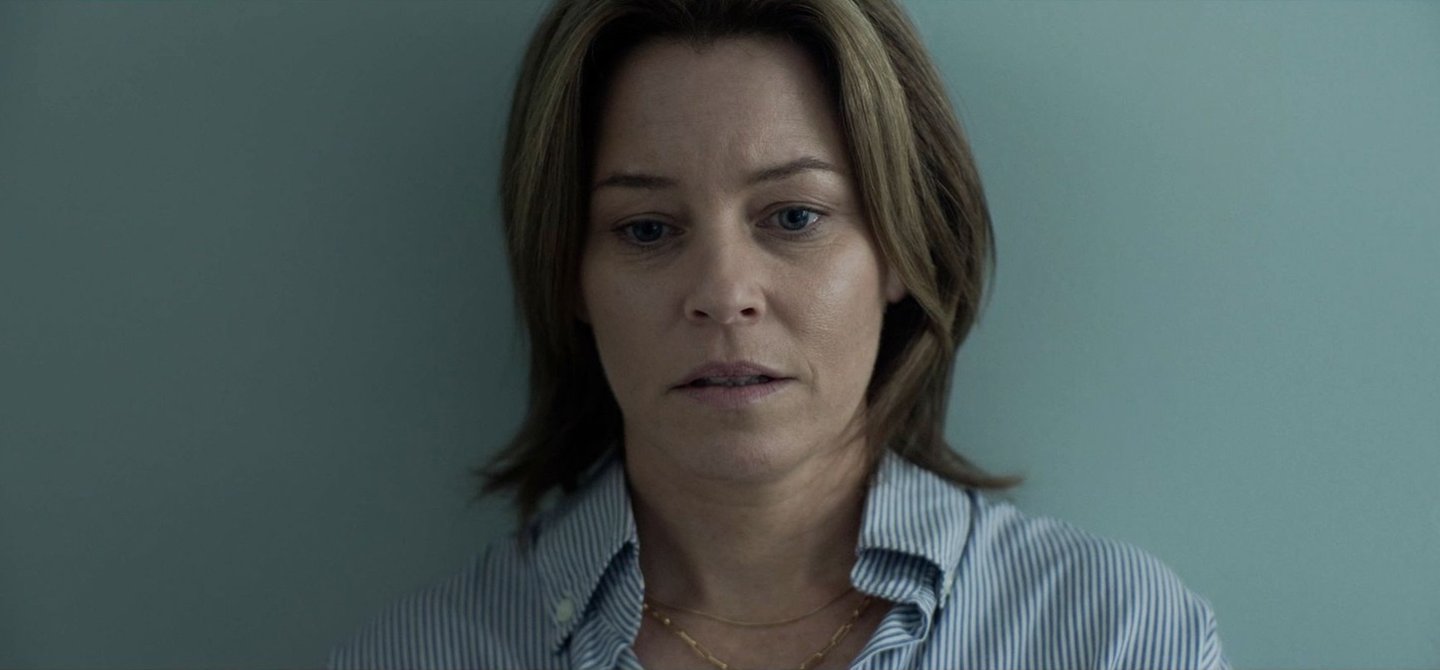
Detailed impactful content guide – A Mistake
Caitlin on Dec. 11, 2024
Ms Elizabeth Taylor is a top Kiwi surgeon where every decision and precise movement can mean the difference between life and death. One small mistake sets off a chain of events that disrupts her life. As a new system starts publicly reporting surgeons' performances, her colleagues turn against her, and even her partner, a nurse at the hospital, abandons her.
Warning: This film has been given an unrestricted M rating, meaning it’s suitable for mature audiences 16 years and over. The content warning includes suicide, offensive language and content that may disturb. This guide contains spoilers for the film and discusses content that might be challenging for some viewers.
Suicide
Richard, the registrar, is weighed down by guilt after a patient dies following surgery from cardiac arrest and septicaemia. Though it’s later confirmed that the death wasn’t caused by his mistake of pushing too hard and rupturing an artery, the responsibility haunts him. After not responding to his calls overnight, Elizabeth finds Richard in his car, where he has taken his own life. She smashes the window to reach him, but it’s too late. No injuries are shown, and the method is not specified at the time, but it is clear his death is a suicide. It is later confirmed that he overdosed.
Richard's death deeply impacts Elizabeth, leaving her feeling responsible. Angry at how his death is being used as a scapegoat for the patient's death, she speaks out at his hospital memorial service. She speaks frankly and directly about his suicide and sets the record straight about what happened and calls out the hospital's bureaucratic failures.
Drawn-out medical procedure
The film opens with an extended scene depicting a medical procedure. It begins with gas being pumped into a patient’s stomach for keyhole surgery, showing internal images of the body through a camera, including pus from an infection. When Richard accidentally ruptures an artery with the scalpel, blood spurts inside the body. The surgical team quickly responds, cutting open the body, stopping the bleeding, and repairing the damage. The realistic language and detailed visuals make the scene feel intense and authentic.
Animal death
Elizabeth is dealing with an infestation in the wall of her home. Frustrated, she smashes a hole in the wall, releasing a swarm of flying bugs. She quickly sets off bug bombs and leaves the house, forgetting she’s looking after her sister's dog. After spending the night at a hotel, Elizabeth remembers the dog the next morning and rushes back, finding it unwell. She takes the lethargic dog to the vet, who informs her it’s time to say goodbye. The dog is euthanised by injection, leaving Elizabeth visibly upset. Later, her sister confronts her in anger, saying, "You killed my dog".
This is an unrestricted film that deals with some heavy themes. It might pay to check in with who you are watching with before pressing play. If you are watching with younger whānau members here are some handy questions to start with if you are unsure on how to have the conversation:
- What was your favourite thing about the movie? Why?
- How did the story make you feel about the different types of relationships portrayed?
- Would you have done anything different to the main character?
- How did the film handle the heavy topics and are you confused about anything?
- What did you think about the ending?
- What are your perceptions of the main character?
These questions can be used for films, series and even video games, and if you ask them often this will begin to encourage young people to critically think about what they are watching on their own.
Before you press play on anything you watch or play, make sure you check the warning note to get a good understanding of what challenging content might pop up. And if you are watching with other people, check in with them and see what they like, and more importantly what they really don’t like watching. Remember, spoilers are no longer a thing when trauma is involved.
If you are planning on watching something that does contain heavy themes and scenes, remember these tools to keep yourself safe.
- If it is popular, it doesn’t mean you need to watch it.
- Check in with yourself and listen to how you are feeling.
- You can take breaks if you need a breather – the movie or series isn’t going anywhere.
- Really not feeling good? Turn it off.
Maybe you watched something earlier that day, that week, that month and you still can’t forget it. Reach out for help. Filmmakers intend to make an impact with what they create but this shouldn’t be at the detriment of your mental health.
Further reading
Review: Elizabeth Banks shines in Kiwi medical drama A Mistake – RNZ
Subscribe to our blog
Stay up to date with the Classification Office blog.


